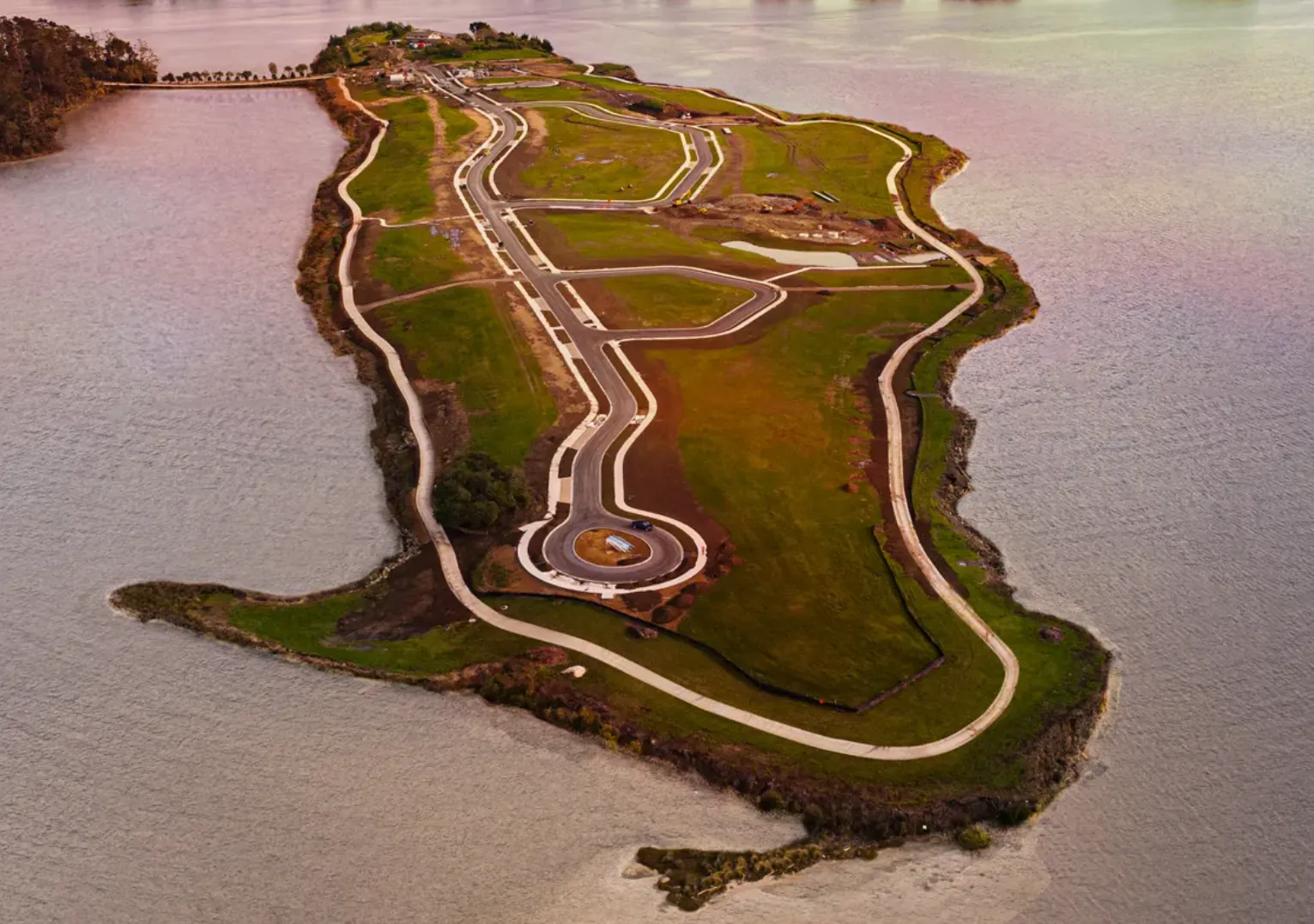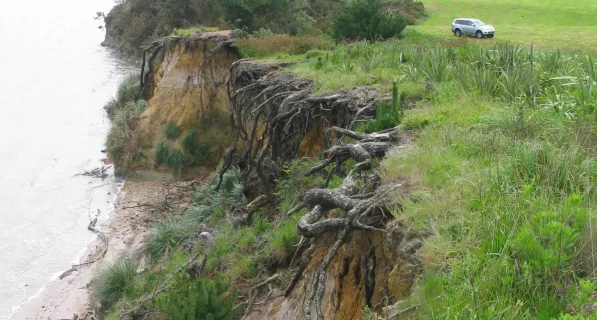Climate change topics
Craig Shearer - 3rd October 2022
This past week has been replete with stories related to climate change. Firstly, there’s Hurricane Ian which has wreaked havoc and destruction and loss of life in Florida most recently, but previously in Cuba and Puerto Rico. It’s fairly obvious that extreme weather events are exacerbated by climate change, and that living near the coast is going to be an increasingly risky proposition for large numbers of people.
But, it seems that the commercial imperative means that life must go on, and we must continue to act as if climate change isn’t happening, or that it’s not that serious. With life in a purportedly post-pandemic world returning to normal, and international travel getting up and running again, Air New Zealand has launched a direct service between Auckland and New York. The flights are at the extreme end of the available range, being 17 hours long. But this week, the flights were disrupted with reports of passengers and baggage having to be unloaded due to stronger-than-predicted headwinds. It’s difficult not to make the connection that worsening weather is tied to climate change, and that the emissions produced by the aviation industry are certainly contributing to the worsening situation. Most irksome, to me at least, is that most international travel is tourism - for pleasure purposes.
I’ve had a considerable number of international trips in the past, so it would be hypocritical of me to heavily criticise others for their choices (and, Susan and I are planning an international trip next year as a sort of compensation for the crap year we’ve just endured). But there will likely come a point where people have to make the connection between non-essential travel and their contribution to the climate crisis.
On a slightly positive note, Eviation, a company building electric aircraft, this past week had a maiden flight of an all-electric plane. The trip was short, reportedly just 65km, and the aircraft is in its prototype stage, but it is encouraging that the technology is at least feasible.

Given the state of battery technology, electric aircraft will likely have their uses for transporting small numbers of passengers over short distances. But as a replacement for long-haul aircraft, we’re probably decades away from achieving that. But, battery technology is seeing continuous incremental improvements, which do add up. We still seem to be in the steep part of the curve so it’s possible that some breakthrough will pan out which will see the technology become quite viable.
And finally, on the climate change issue, I’ve seen advertising for a new housing development here in Auckland. Pararēku Island is an island near Karaka (South Auckland). I’ve seen criticism on social media about the project, which is being marketed as a luxury housing development (section prices starting at $1.6M). The specific criticism is that it is a low-lying island, and that it’s likely to be affected by sea-level rise from climate change.

The marketing material gives aerial views of the island, which are likely to give a false impression of its elevation from sea level. I did a little research into this, and it appears that the developers have done their homework - at least, the potential for erosion of the island cliffs from sea-level rise has been considered, and the predicted rise caused by climate change taken into account. There was a hearing for the Auckland Unitary Plan back in 2016 that considered the issue, with an expert on erosion providing an assessment. From the pictures in the document from the hearing, it seems that the island does rise well out of the sea.

And they’ve allowed for potential erosion from some quite big sea-level rises over the next century. Still, I guess all bets are off it (or when) one of the Antarctic ice sheets calves off into the ocean!
Anyway, it does illustrate the danger of succumbing to social media hysteria - something it’s increasingly easy to do.